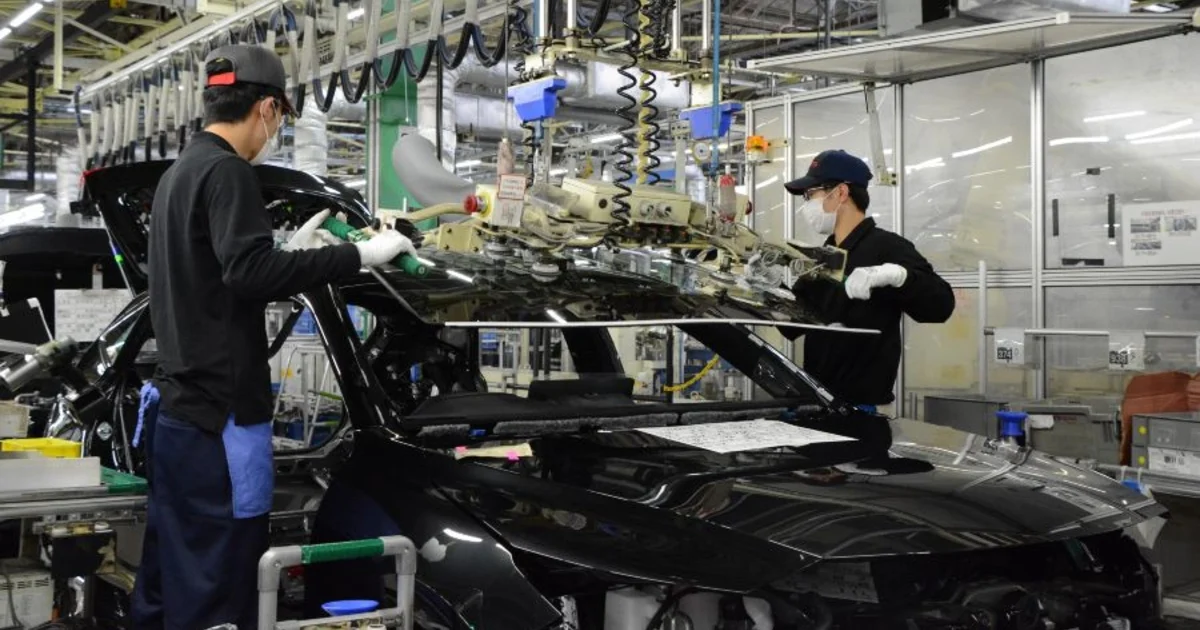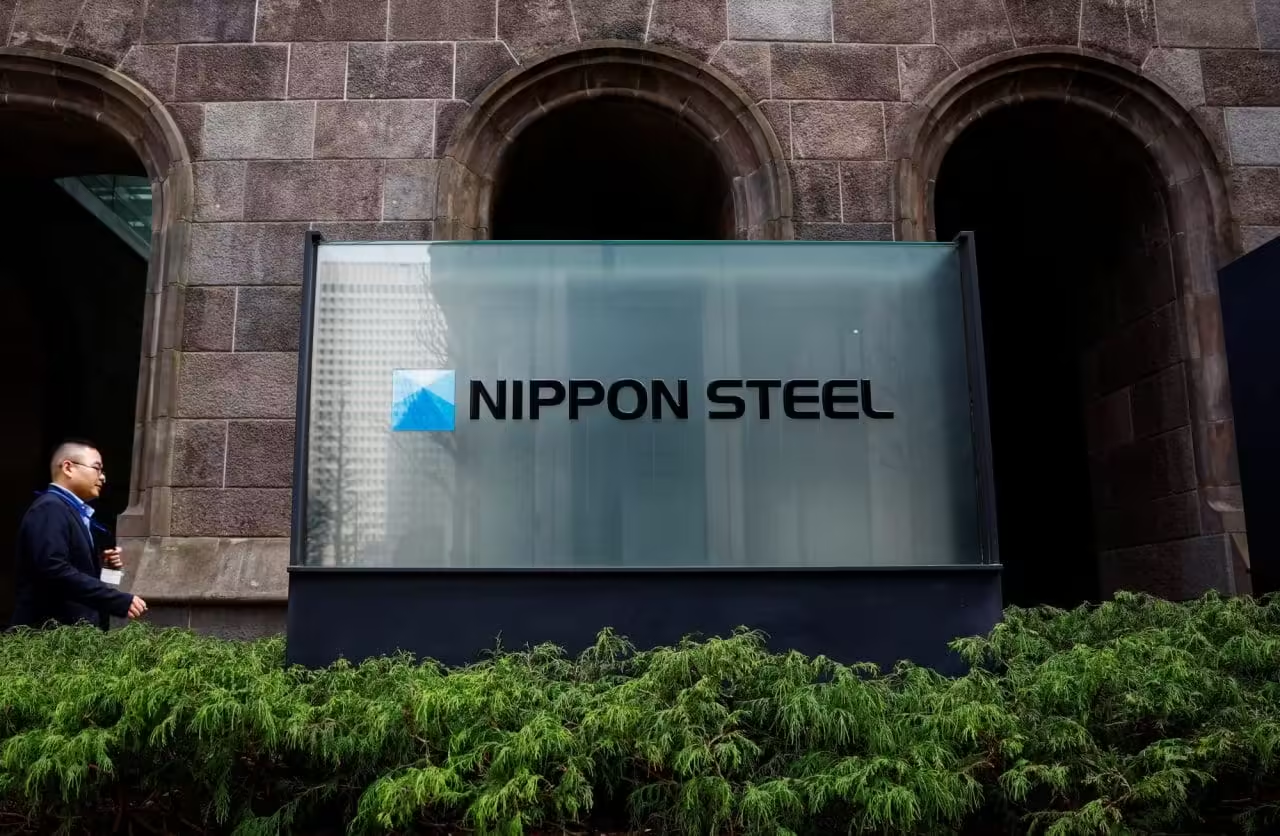In a significant development, Toyota Motor has agreed to grant its factory workers the most substantial pay raise in 25 years, setting the stage for potential economic policy adjustments. The agreement, reached on Wednesday, has sparked optimism that substantial wage hikes could provide the central bank with flexibility to enact key policy changes in the coming weeks.
Toyota, alongside prominent Japanese companies such as Panasonic, Nippon Steel, and Nissan, has acceded to union demands for substantial pay raises during the annual wage negotiations. These talks, which historically symbolize the cooperative relationship between Japanese management and labor, are garnering heightened attention this year. The anticipated wage increases are expected to facilitate the central bank’s potential departure from its longstanding negative interest rate policy as early as next week.
Toyota, being the world’s largest carmaker and a customary barometer of these negotiations, has announced its agreement to monthly pay raises of up to 28,440 yen ($193) and record bonus payments. However, the company refrained from disclosing a specific percentage figure for the salary hike, adhering to past practices.
Japan’s Chief Cabinet Secretary Yoshimasa Hayashi remarked on the robust momentum for wage hikes, emphasizing the importance of extending this trend to small and mid-sized enterprises. Prime Minister Fumio Kishida has prioritized addressing the years of stagnant wage growth to stimulate consumer spending, which has lagged behind the OECD average.
The Bank of Japan is closely monitoring these developments as a pivotal factor in determining the timing of a departure from negative interest rates, which have been in effect since 2016. Governor Kazuo Ueda underscored the critical role of this year’s wage negotiations in shaping the future course of economic stimulus measures.
While workers at major firms have requested substantial annual increases, economists anticipate overall raises ranging from 4.2% to 4.3%, with potential increases exceeding 5% for top-tier companies. These wage hikes are attributed to global trends of rising wages, domestic labor shortages, and inflationary pressures.
The Japanese Association of Metal, Machinery, and Manufacturing Workers has reported that pay raises have surpassed expectations, signaling a shift in workers’ perspectives. Despite challenges faced by smaller firms in offering significant wage increases, there is optimism that this year’s results could foster a positive cycle of higher wages and inflation.
Top companies like Toyota are under government pressure to extend wage hikes downstream to their suppliers, aiming to reverse a 22-month decline in real wages. Toyota’s Chief Human Resources Officer, Takanori Azuma, emphasized the importance of cascading wage increases to suppliers, acknowledging that final decisions rest with individual companies.



